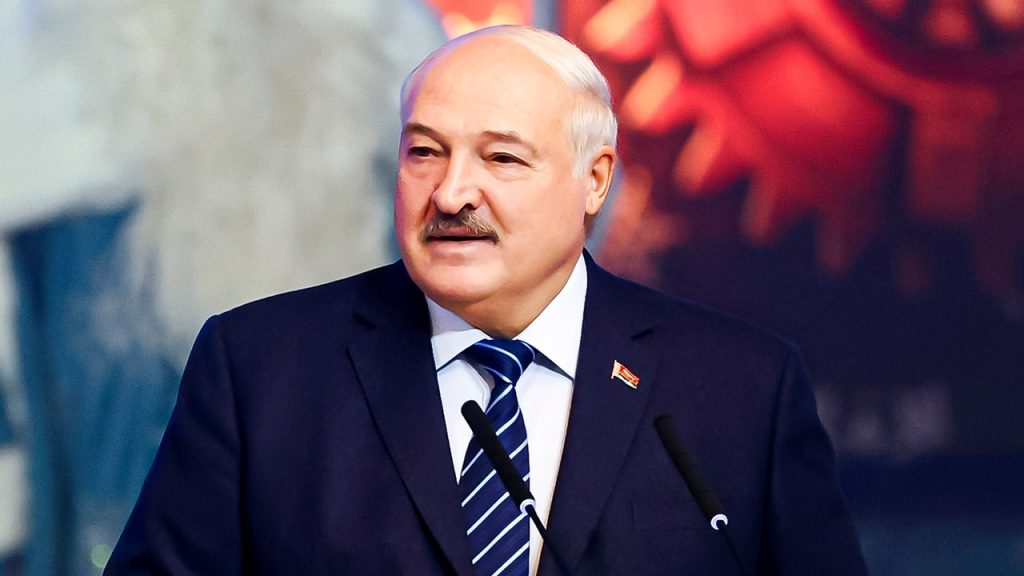The Belarusian parliament has voted to suspend the country’s participation in the Conventional Forces in Europe treaty, which was originally signed in 1990 and aimed to maintain a military balance between the West and countries of the Warsaw Pact. The bill, introduced by President Alexander Lukashenko, could allow Belarus to expand its military capabilities, as it is Russia’s ally in the war in Ukraine. The treaty limited the deployment of tanks, combat vehicles, warplanes, and heavy artillery in Europe, but Russia withdrew from it in November 2023, prompting NATO countries to also suspend their participation.
Belarus currently hosts Russian tactical nuclear weapons and has been used as a staging point for Russian troops entering Ukraine. However, the country’s own forces have not directly participated in the conflict. Under the treaty, Belarus’ armed forces were not to exceed 100,000 troops and personnel. Currently, there are 63,000 troops and personnel in the Belarusian army, with 300,000 men in reserve. Military experts speculate that Belarus may use the suspension of the treaty to potentially expand its army and acquire more weapons, although this is not guaranteed.
Alexader Alesin, a military analyst based in Minsk, believes that Belarus withdrawing from the treaty is related to Russia’s dissatisfaction with Belarus still being a part of it. Alesin explains that Russia was unhappy with Belarus’ continued participation, and with the country’s withdrawal, Belarus now has the freedom to increase its conventional weapons arsenal. He notes that Russia’s deployment of tactical nuclear weapons in Belarus is concerning to neighboring NATO countries, as it adds to the potential military threat in the region.
The decision to suspend the participation in the treaty has raised concerns about the potential implications for regional security. Belarus shares a border with Ukraine and NATO members like Latvia, Lithuania, and Poland, leading to fears that the country’s military expansion could destabilize the region. It remains to be seen how Belarus will utilize this newfound freedom to expand its military capabilities, as it may have significant implications for regional security dynamics.
In addition to the suspension of the treaty, Belarus has recently convicted a prominent dissident rock band and sentenced its members to correctional labor. The band’s sentencing highlights the ongoing crackdown on dissent and opposition in Belarus, where Lukashenko’s authoritarian regime has faced international criticism for human rights abuses and political repression. The combination of these actions suggests a broader trend of authoritarian consolidation in Belarus, which could have far-reaching consequences for the country’s domestic and international relations.
As Belarus moves forward with suspending its participation in the Conventional Forces in Europe treaty, the international community will be closely watching how the country’s military capabilities evolve. The potential expansion of Belarus’ army and weapons stockpile could have significant implications for regional security, particularly given its proximity to Ukraine and NATO members. The decision to withdraw from the treaty reflects Lukashenko’s efforts to assert Belarus’ independence from international agreements, aligning the country more closely with Russia in the ongoing conflict in Ukraine. It remains to be seen how Belarus’ actions will impact the broader geopolitical landscape and whether it will further exacerbate tensions in the region.


